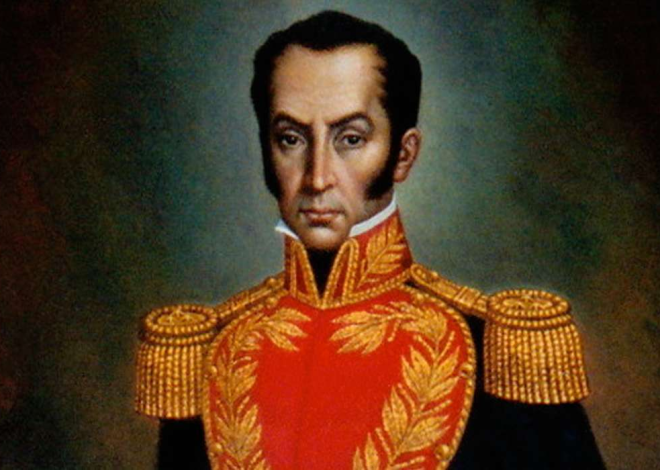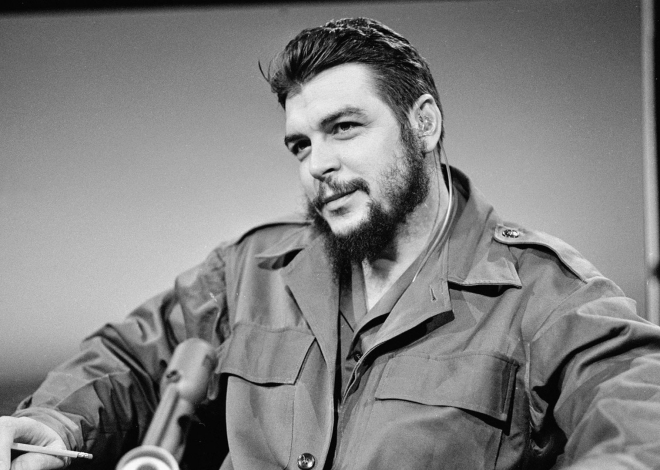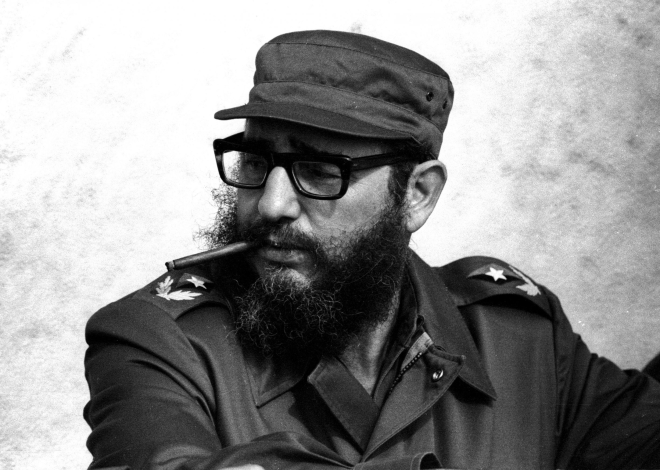
José de San Martín
José de San Martín was an Argentine general and statesman who played a pivotal role in the South American wars of independence against Spanish colonial rule. He is considered one of the key figures in the liberation of several South American countries from Spanish dominion.
Here is a detailed history of José de San Martín:
Early Life and Military Career:
- José Francisco de San Martín was born on February 25, 1778, in Yapeyú, a village in what is now northern Argentina. He came from a Spanish colonial family.
- San Martín initially pursued a military career in Spain and fought against the French in the Peninsular War. He developed military expertise and strategic skills during his service.
Return to South America:
- In 1812, during the early years of the South American wars of independence, San Martín returned to his homeland, which was then part of the Spanish Viceroyalty of the Río de la Plata (present-day Argentina).
- San Martín became involved in the revolutionary movement and joined the ranks of the revolutionary armies fighting against Spanish rule.
Liberation of Argentina and Chile:
- San Martín led the Army of the Andes, a force that crossed the formidable Andes Mountains from Argentina into Chile in 1817. This daring campaign resulted in the liberation of Chile from Spanish control.
- He then turned his attention to Peru, which was a key stronghold of Spanish colonial power in South America. San Martín believed that liberating Peru was essential for achieving regional independence.
Expedition to Peru and Meeting with Simón Bolívar:
- In 1820, San Martín initiated the liberation of Peru by landing with his forces at Paracas. He declared the independence of Peru and established the Peruvian Navy.
- Recognizing that the task of liberating Peru would require a united effort, San Martín met with the Venezuelan liberator Simón Bolívar in the city of Guayaquil in 1822. The two leaders discussed their respective strategies for achieving independence but did not reach a definitive agreement.
Retreat from Peru:
- After the meeting with Bolívar, San Martín resigned from his command in Peru in 1822, leaving the northern campaign against the Spanish to Bolívar.
- San Martín retired from active military service and went into self-imposed exile in Europe. He lived in various countries, including France, where he spent much of his remaining years.
Legacy:
- José de San Martín is revered as a national hero in Argentina, Chile, and Peru for his crucial role in the liberation of these countries from Spanish colonial rule.
- His emphasis on discipline, strategy, and the importance of a professional military helped shape the armies of the emerging South American nations.
- San Martín’s contributions to the cause of South American independence are celebrated every year on February 25, known as “Día del Libertador” (Day of the Liberator) in Argentina.
- His legacy is also commemorated with numerous statues, streets, and landmarks named in his honor throughout South America.
José de San Martín’s leadership and strategic brilliance made a profound impact on the course of South American history. He played a vital role in the successful struggle for independence from Spanish colonial rule and is remembered as one of the most significant figures in the region’s history.







